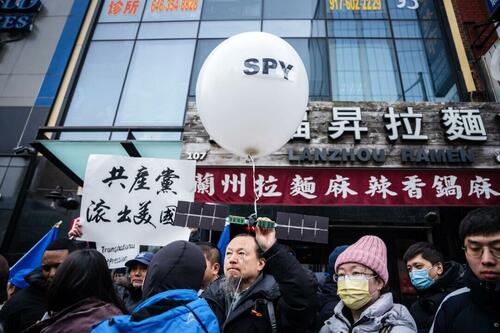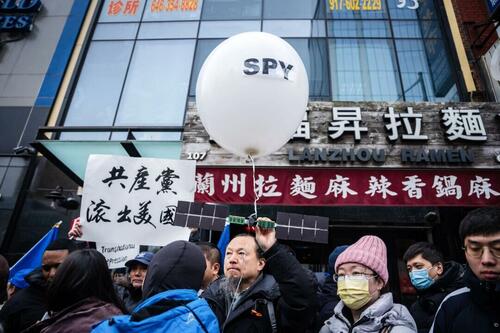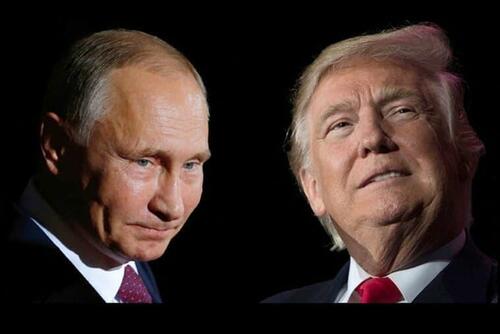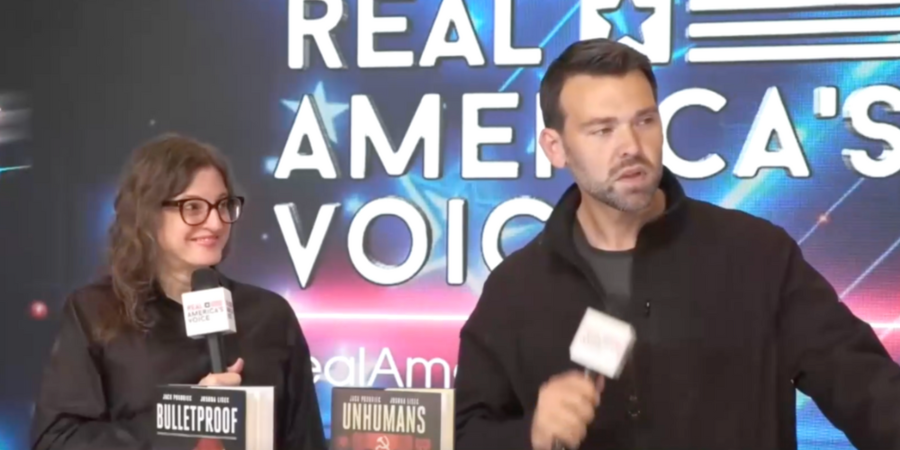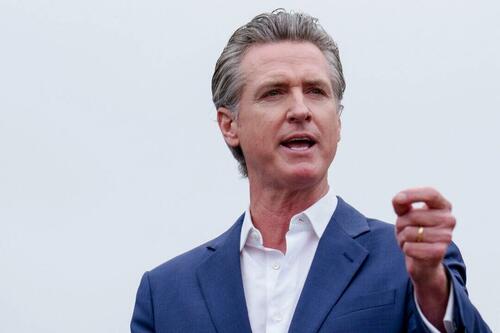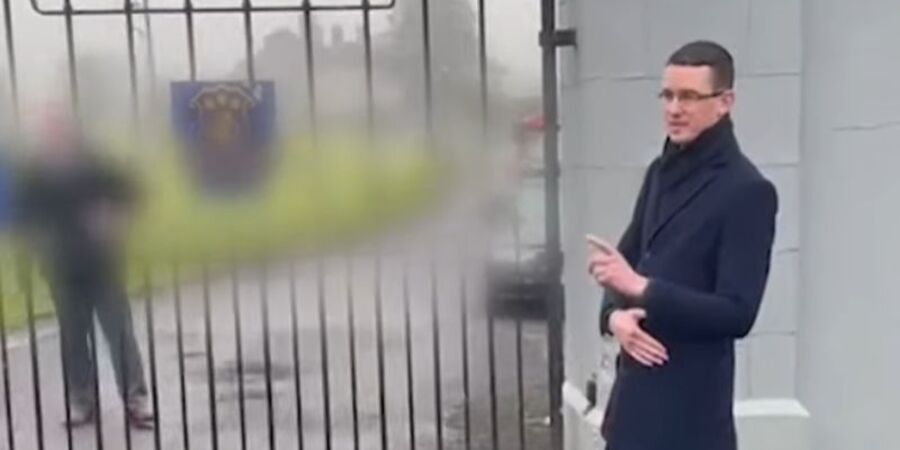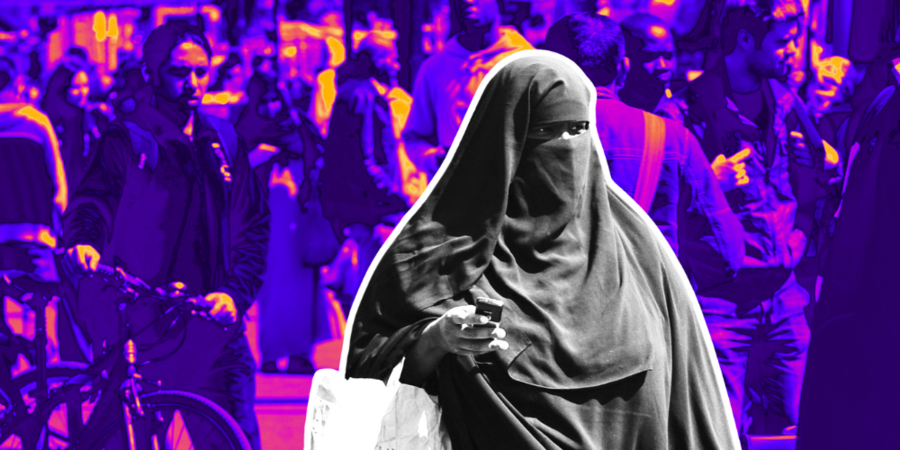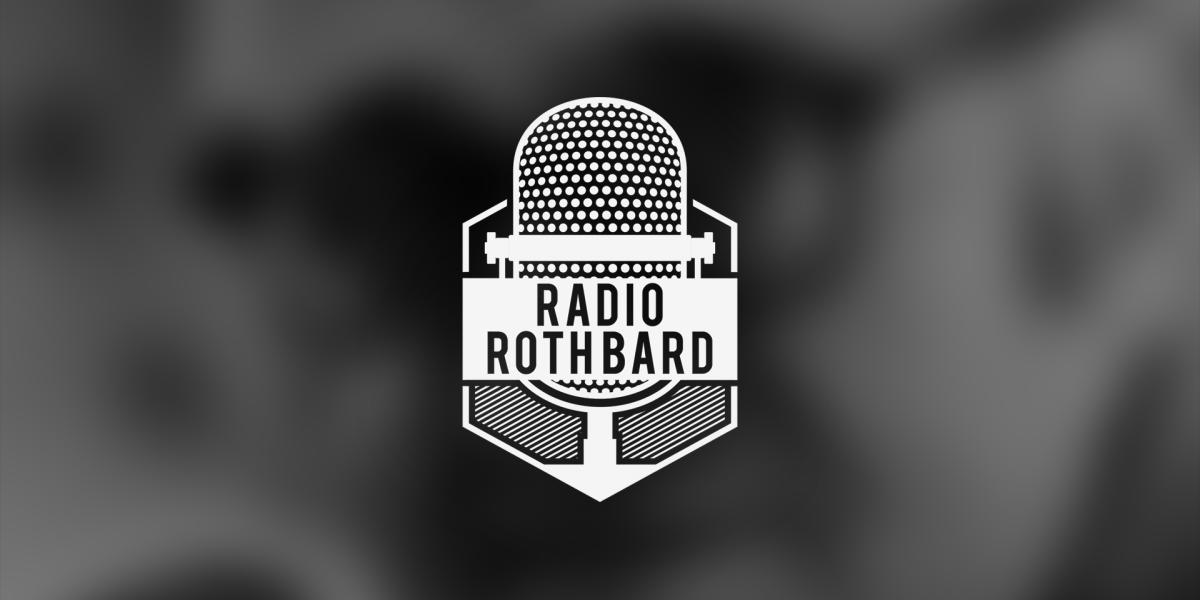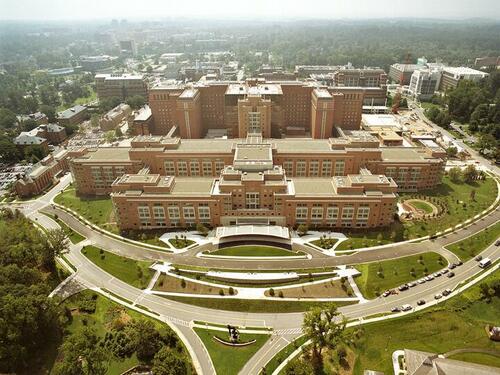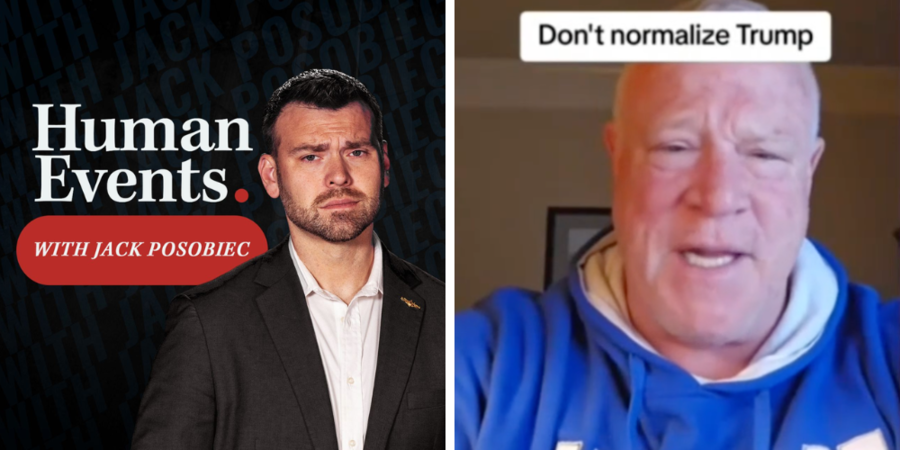Authored by Jim Jatras via The Ron Paul Institute
“I have not become the King’s First Minister in order to preside over the liquidation of the British Empire.” – Winston Churchill, 1942
Many Americans, even a lot who never much cared for Donald Trump, voted for him in part because they believed – or at least hoped – that he would be, relatively speaking, a peace candidate compared to the hideous Biden-Harris record. To his credit, Trump’s first term was the only US presidency since Jimmy Carter’s not to get us embroiled in a new conflict, though he failed to extricate us from Afghanistan or Syria.
Such hopes need to be balanced against other aspects of Trump’s earlier tenure in office. Notably, on Ukraine, he oversaw provision of lethal aid to Kiev that had been denied by Barack Obama. Put another way, it was under Trump that Ukraine built up a NATO army in all but name, setting the stage for the February 2022 escalation of the conflict that had been brewing since the 2014 coup midwifed by Victoria Nuland.
Trump has said he would end the Ukraine conflict in 24 hours, indeed, even before he takes office. While never unveiling anything resembling an actual plan, he has indicated that his “art of the deal” trademark bluster and threats would be applied to both Ukraine (terminate all aid if Kiev refuses to negotiate!) and Russia (vastly increase aid to Ukraine if Moscow refuses to negotiate!). The supposedly “transactional” President-elect is seemingly unflustered by little details like how, if both Russia and Ukraine balk at talks, he could simultaneously increase and cut off US assistance. Five-dimensional chess indeed!
While the thought of Tulsi Gabbard as Director of National Intelligence is balm for every peace-loving soul, the rest of Trump’s announced second-term team is anything but reassuring: Marco Rubio as Secretary of State and Michael Waltz as National Security Adviser, with supporting roles at the NSC by Sebastian Gorka and special envoy for Ukraine-Russia Keith Kellogg, all of whom have a record of the standard bellicose chest-thumping with respect to evil, evil Russia and our cuddly “democratic” “ally” Ukraine.
As Trump prepares to take office next month, one thing should always be kept in mind: like Winston Churchill with respect to the British Empire, Donald Trump has not returned to the Oval Office in order to preside over the liquidation of the Global American Empire (the GAE). Rather, all indications are that he seeks to disengage the US from the Ukraine conflict in a way that avoids total, humiliating defeat for NATO (and, probably, that organization’s long-overdue dissolution) in order to “pivot” to the Middle East and a looming war with Iran following a return to his “maximum pressure” policy. The encore will be the Really, Really Big Showdown with China. Hence Trump’s call for an immediate ceasefire in Ukraine.
What of the other side? Russian President Vladimir Putin, Foreign Minister Sergei Lavrov, and other top Kremlin and Duma figures have made it clear that Moscow has had enough with “non-agreement capable” Washington after repeated Western deceptions: on NATO expansion (“not one inch eastward”), the status of Kosovo (UN Security Council Resolution 1244 providing for its autonomy within Serbia, trashed by the US-sponsored unilateral declaration of independence in 2008), the February 2014 power-sharing agreement in Ukraine between then-President Viktor Yanukovich and his opposition (a dead letter before even one night had passed), the February 2015 Minsk 2 agreement on the status of the Donbass that was unanimously endorsed by the UN Security Council (but later admitted by Angela Merkel and other western leaders to have been a ruse to allow time to build up Kiev’s forces for a Blitzkrieg), and the failed April 2022 Ukraine-Russia agreement initialed at Istanbul (torpedoed by Boris Johnson with US backing).
Accordingly, the Russians have made it clear that they will accept no temporary truces, no ceasefires, no more promises made to be broken like piecrusts, no pauses as cynical tricks to get the Russians to forgo their current and growing military advantage. (Dmitry Medvedev, a former Russian president and the deputy head of Russia’s Security Council, even suggested recently that new regions could soon be added to Russia. Putin recently re-floated the concept of Novorossiya, “New Russia,” a region of Imperial Russia that included Odessa.) No, they insist, there must be either a genuine, definitive, binding settlement that ensures a lasting peace based on mutual security, or Russian forces will press on until their objectives – notably “demilitarization and denazification” of Ukraine – are achieved militarily. Such an outcome would mean at least replacement of the current regime in Kiev and, more likely, the end of Ukraine’s statehood.
For the West, this would constitute a total debacle of Afghanistan-like proportions effectively signaling the end of US hegemony in Europe, the GAE’s crown jewel. What can Trump offer the Russians to avoid that?
Moscow’s latest peace proposal was voiced by Putin in June 2024, in which he specified that he’s willing to negotiate at any time but will not halt military operations until Kiev withdraws its forces from the four oblasts that, in addition to Crimea, Moscow claims to be part of Russia: Lugansk, Donetsk, Zaporozhye, and Kherson, Notably, this would include the cities of Zaporozhye and Kherson, under Kiev’s control as of this writing. (In fact, contrary to propaganda from the usual suspects, Putin has never rejected talks, unlike Ukrainian former-president-but-still-playing-the-role Vladimir Zelensky, who in October 2022 issued a decree forbidding talks with Russia as long as Putin is in office.)
Putin’s June proposal was dismissed out of hand by Kiev and its western backers. Given Moscow’s rejection of a ceasefire at the conflict’s line of control, things are at a seeming impasse.
But are they?
With the rapid and accelerating advance of Russian forces, the physical distinction between the military line of confrontation (a freeze line rejected by Moscow) and the constitutional limits of the four oblasts (evacuation of which Moscow demands) becomes less every day. That is, the territorial question – which Russia has never stated to be paramount in its goals for launching its “Special Military Operation” (SMO) in the first place – becomes less of an issue.
Rather, the real question for the Trump Administration becomes a political one of how much wiggle room there is in the Russians’ stated determination not to rely on more promises of the sort that have been repeatedly broken in the past. Put another way: if Trump-Lucy wants to avoid utter defeat in the European theater of the worldwide confrontation between the GAE and BRICS-Eurasia, so he can get on to mixing it up with Iran and China, can he dupe Putin-Charlie Brown into taking another run at the football?
I think he at least has a good shot at it. Keep in mind that, despite the ubiquitous narrative, Putin is neither a dictator nor a hardliner toward the West. Regarding the former, he’s a balancer in a system that still retains many (too damn many, in my opinion) western liberals dying to see the day they can again send their snotty kids back to elite western universities and their fat wives and svelte mistresses shopping at Harrods, while saluting a rainbow flag raised over Lenin’s Mausoleum. As to the latter, as lately demonstrated by his restrained response to ATACMS and Storm Shadow missiles launched into pre-1991 Russia by NATO personnel from Ukrainian territory, Putin has shown a dogged determination to come to an understanding with his Western “partners” long after it became clear to everyone (except him, evidently) that they have no intention of ever getting along with him or Russia but are hell-bent on destroying both. (“Hello, Volodya It’s me, Bashar. I’m out front of Resurrection Gate, near Zhukov’s statue …)
Far from the “shock and awe” demonstrated by the United States in Serbia, Iraq, Libya, etc., or Netanyahu’s in Gaza, Lebanon, and Syria, Putin’s light military footprint in Ukraine – the limited size of the incursion force, declining to destroy the Dnepr bridges, limited (but now increasing) attacks on infrastructure, the pullback of Russian forces from Kiev as a good will gesture before the 2022 Istanbul talks, not eliminating Kiev regime leaders who’d kill him if they could – all point to a strategy based on accepting a reasonable deal if one might be presented, not on settling things by force of arms, 1945-style. (It’s largely forgotten now that at the outset of the conflict foreign embassies decamped from Kiev and moved to Lvov in the far west, and consideration was even given for the Zelensky regime to abandon Ukraine entirely and establish a government in exile, in the expectation that Russia would quickly overrun the whole country – then face an Afghan-type insurgency that would bleed Russia white, leading to regime-change in Moscow.) Unexpectedly, the Russians didn’t behave as the West had anticipated. Instead, it’s clear their approach was “pedagogical” from the start: show the West they mean business so they’ll come to the table. It is also suggested that a deal, not a military resolution, would be preferable to Putin’s BRICS partners, whose opinion he can’t afford to ignore.
The frustration this approach has caused in the Russian military and in large sectors of the public is well known. That said, as observed by Moscow-based John Helmer, Putin may deem that his high levels of public support allow him to accept a settlement that falls short of, or at least redefines, his SMO goals as originally stated. It’s an open question whether that support could be sustained when (inevitably, in my opinion) the West contemptuously disregards its obligations under whatever is agreed-to.
Some say Putin has finally learned his lesson about the West. Others say not, that he would jump at any remotely reasonable transaction proffered by Trump & Co., Inc. We will soon see.
Looking at the longstanding pattern of Putin’s Kremlin and the smoke signals from Washington, mediated by the good offices of Hungary’s Prime Minister Viktor Orbán, the contours of a kind of Minsk 3 or Istanbul-double-plus-good “deal” are already discernable:
1. A ceasefire in early 2025: Ukrainian forces would evacuate whatever shrinking part, if any, of the four oblasts they might still hold, plus of Russia’s Kursk region if any Ukrainians are still there. A Demilitarized Zone (DMZ) would be established. (Some ad hoc arrangement might have to be reached on the cities of Zaporozhye and Kherson, if the Russians hadn’t taken them yet. Perhaps they would remain under Ukrainian administration inside the DMZ, “claimed by Russia.”)
2. Moscow would continue to regard the areas it holds as sovereign Russian territory. The rest of the world would still deem them Ukrainian under temporary Russian occupation, similar to how the US regarded the Baltic Republics of the USSR. Both sides would tolerate a rough balance between Zaporozhye and Kherson cities (claimed by Russia but under Ukrainian administration) and the rest of the oblasts and Crimea (claimed by Ukraine but under Russian administration).
3. As Trump has suggested, supposedly non-NATO European Union peacekeepers would be deployed on the Ukrainian side of the DMZ (with Moscow’s agreement, contrary to astute observers’ insistence that the Russians would never allow it), subject to strict limits on numbers, weaponry, etc. These limits, of course, would not be honored (see Lucy and Charlie Brown, above).
4. NATO membership for Ukraine world be deferred indefinitely. This is an obvious Lucy lie that Moscow would pretend means permanent neutrality. In fact, rump Ukraine would be treated as a NATO state in all but name but not receive formal membership.
5. Security guarantees: the US, NATO, Russia would sign an updated version of the 1994 Budapest Memorandum (possibly in the form of a treaty, which the original Budapest Memorandum wasn’t) enshrined in a Security Council Resolution, guaranteeing Ukraine’s territorial integrity (taking into account “provisional arrangements”), its neutral status, and a bar of foreign troops on Ukraine’s territory (except those permitted in this agreement); parallel provisions would be put into the Ukrainian constitution. It goes without saying that these Lucy assurances would not be honored by the West any more than were past formal commitments on Kosovo, the Donbass, and other topics.
6. Demilitarization “guarantees”: Strict limits would be placed on the size and composition of Ukraine’s military and placement of foreign forces and weapons on its territory. More Lucy lies.
7. Denazification “guarantees”: Parties and movements with specified “extremist” ideologies would be legally banned. More Lucy lies. Elections would be held in rump Ukraine. All sides would pretend the resulting regime is democratic, legitimate, and “moderate.” Banderist neo-Nazi groups, formally illegal, would retain their guns and wield a permanent veto over any Kiev regime.
8. Kiev would commit to protections for the Russian language and Russian culture, the canonical Orthodox Church, etc. More Lucy lies.
9. The West would promise a phased lifting of sanctions and the return of frozen/confiscated Russian assets. “You can trust me this time, Charlie Brown!” Consider how long it took Russia to be removed from 1974 Jackson-Vanik sanctions only to then be immediately slapped with new Magnitsky Act sanctions.
The bottom line is that Moscow would pretend to have substantially if not entirely achieved its SMO goals, giving up its immediate military lead in exchange for false promises: déjà vu all over again. Pretenses aside, it would accept a “quarter of a loaf” truce that preserves NATO to fight another day and sustains an anti-Russia Ukrainian rump state as a de facto NATO platform, as opposed to a clear military victory – which at the very least would have to include annexation of Odessa and Kharkov, and probably Kiev, plus either liquidation of the Ukrainian state entirely or, at worst, creation of a minimal rump Ukraine that’s effectively a Russian satellite and a member of the Union State with Russia and Belarus.
The latter outcome would shatter NATO and probably NATO’s concubine, the European Union. That’s precisely what the Washington Swamp can’t afford, Trump or no Trump. Thus, even if Trump were entirely sincere in promises to Moscow made on behalf of the United States (a very big “if” in my opinion), his ability to deliver on them would be at best highly questionable in light of an Executive Branch packed with neocons (what’s new?) and the implacable bipartisan hostility toward Russia in Congress. Then, even if, by some unbelievable miracle, Trump were able to ensure US and NATO performance on their commitments for the balance of his tenure, there would be no binding effect once he left office.
Granted, the above is just one possible scenario but one I submit is all too conceivable based on past performance of those concerned. If things go this way, not only does the GAE get a new lease on life and NATO live to fight another day, it would usher in heightened danger of war in the Middle East and the Western Pacific and, in due course, set the stage for renewed and possibly uncontrollable conflict in Europe in the not-too-distant future. Russian Defense Minister Andrei Belousov recently warned that his country needs to be ready to fight a war with NATO within the next decade, and he’s almost certainly right – especially if he and his boss allow that organization to slip out of its well-deserved fade into oblivion, almost ensuring that war will come a lot sooner than in ten years.
In laying out this possible near-term scenario, I would dearly love to be proven wrong by events. However, I have vanishingly small hope that the foregoing could resonate with any reader with agency on the American side. Perhaps chances are slightly better on the Russian side. As for the Ukrainians and the Europeans – what they think doesn’t matter to anyone, not even to themselves.
